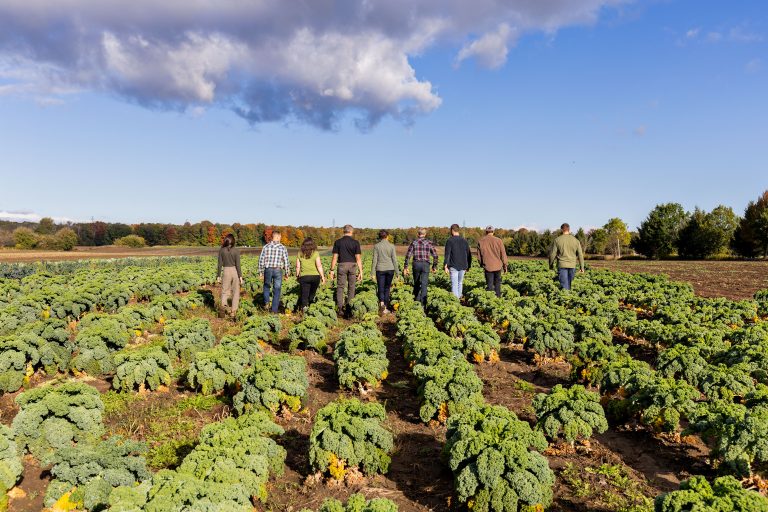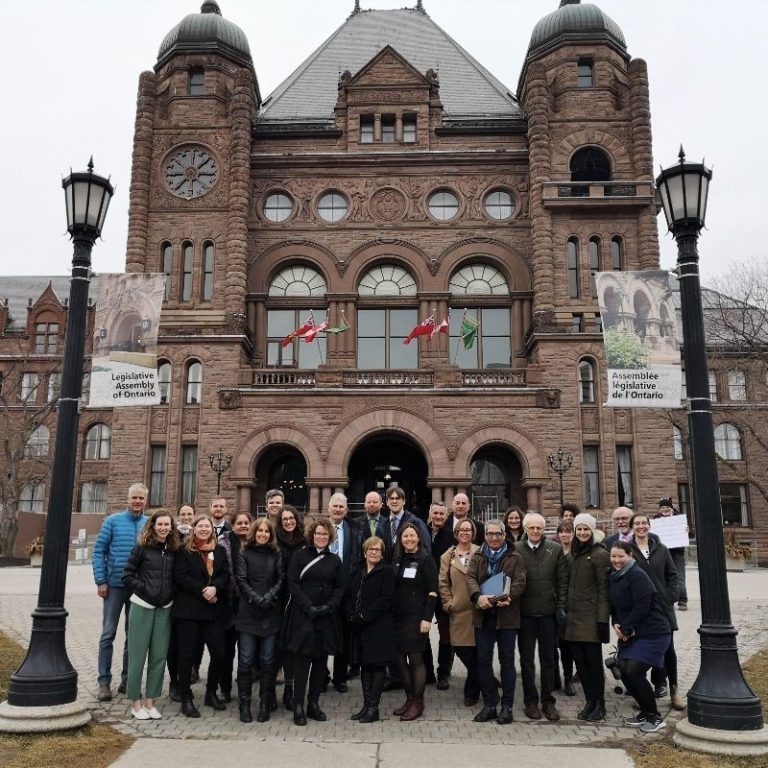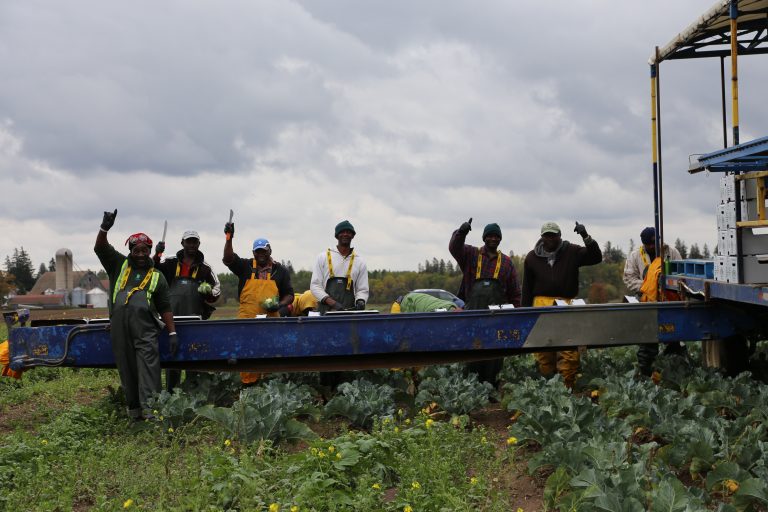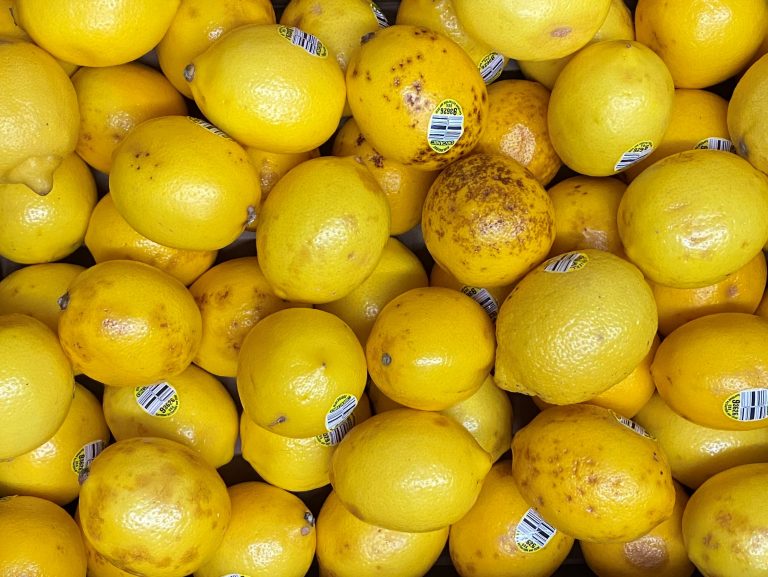This year marks the 56th anniversary of the Seasonal Agricultural Worker Program (SAWP), the branch of the Temporary Foreign Worker Program (TFWP) that is specific to agriculture. It was created in 1966 to solve a problem: the labour gap in agriculture here in Canada.
At the time, finding local people who were willing to take on farm work was increasingly difficult or next to impossible. Since then, much has changed, but that same labour gap still exists. Canadian farms still have trouble finding local people to fill seasonal jobs. The seasonality of the job, combined with low wages (necessary to keep food prices in line with market expectations) makes it difficult to make ends meet for the months where there is no work. The physical demands of hard labour also make the work less appealing. As costs rise on everything, including basic housing and food, precarious work is less appealing than ever.
Without the labour of migrant workers, many farms would not be able to manage, certainly not at the scale needed to keep up with Canadian food supply demands. On our farm, seasonal teams are made up of locals, students, and Jamaican migrant workers. Some of the migrant workers have been returning to our farm since we first turned to the program in 2005. We rely on their extensive knowledge of our farm, and their expertise in what they do to provide leadership to the ever-changing local and student team members.
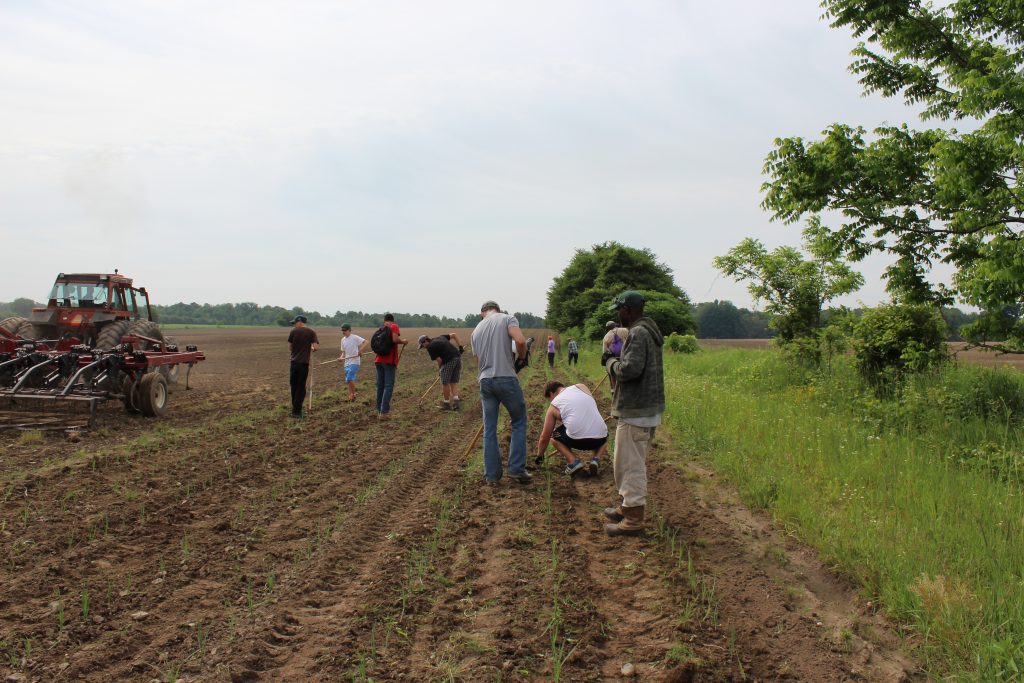
After 56 years, it is safe to say that the need for this program is going to continue. This group of “temporary” foreign workers are treated as permanently temporary; some workers travel to Canada for decades – for most of their working lives. Most workers come for well over 50% of the year. This is a sacrifice most people can’t imagine having to make. Yet they do make the sacrifice, year after year, in order to make a better life for their families back home.
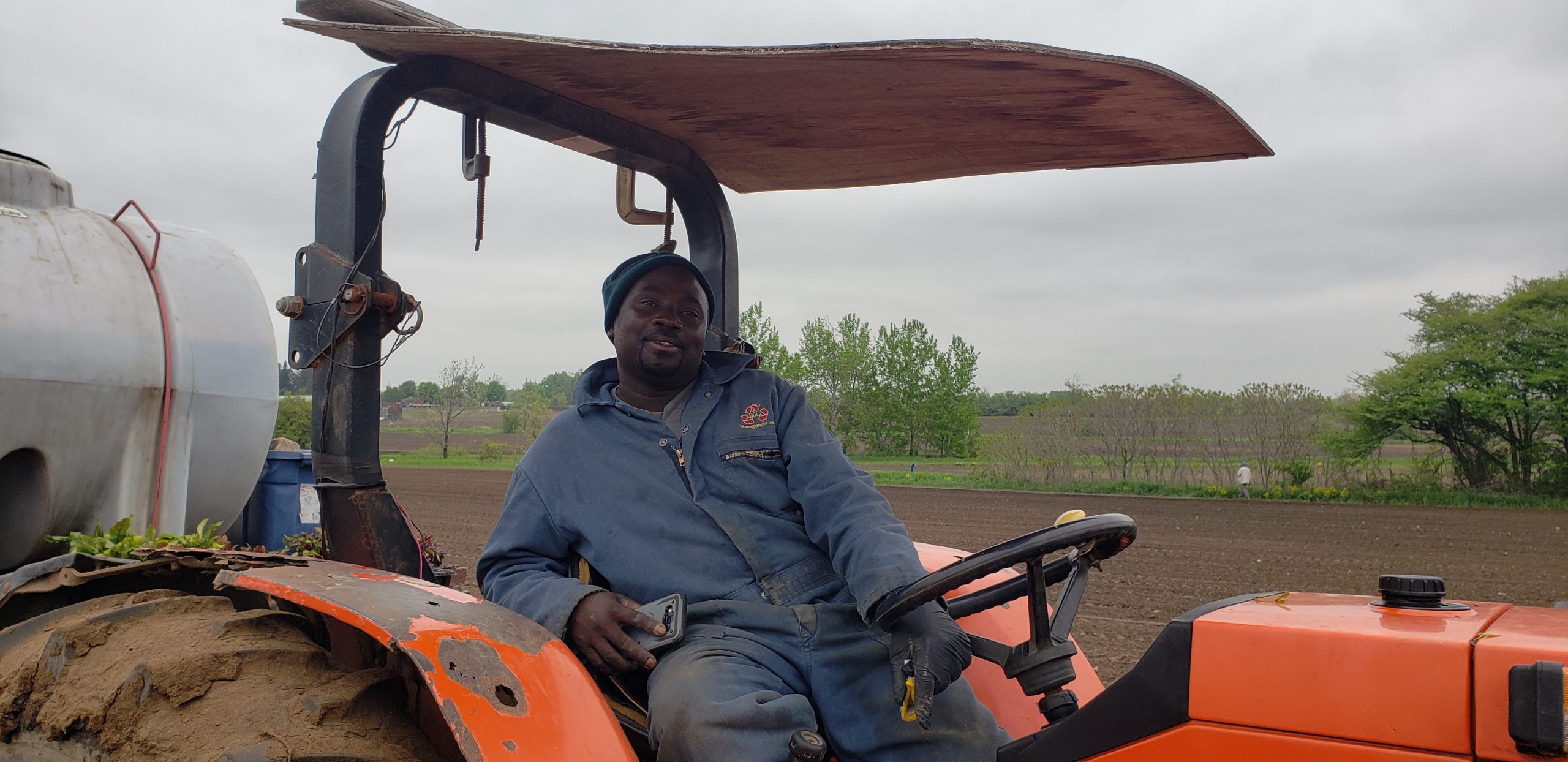
There are significant problems within the program. Some of them are in practice, and others are systemic problems within the program itself.
The pandemic has shone a spotlight on the housing conditions migrant farm workers live in on some farms. Inadequate, inhumane housing, which has been called out before without much action taken, became an even bigger problem as covid spread like wildfire through cramped bunkhouses. Measures taken to keep people safe like social distancing and quarantining were not adequate to protect this vulnerable group. Since the pandemic started, migrant workers have lost their lives to the virus in Canada.
In order to make the SAWP program safe and fair, some key changes are needed:
- Permanent resident status on arrival in Canada. This status would grant workers rights upon their arrival which would make it harder for them to be exploited.
- Open work permits and safe channels to speak out without fear of repatriation. As it is currently, a worker is tied to one employer. Recently, this problem was addressed at the policy level; legally, if a worker faces abuse from their employer, they can apply to open their work permit and work for someone else in Canada. There have been issues reported accessing this right however, and the imbalance of power that makes it difficult for a worker to speak out is still there.
- Ability to draw upon EI benefits or stop paying into the EI program. Migrant workers have a portion of their pay deducted for EI, but are unable to access the benefits when they are needed.
- Open pathway to immigration for those who wish to pursue it. Currently, migrant workers are not eligible to apply for permanent residency/ citizenship, despite the fact that they are part of the fabric of our communities for more than half of the year.
- Rights explained properly (in their own language where applicable). When language is a barrier, it is difficult to access things like health care and WSIB, which migrant workers are entitled to. Or even to know that they are entitled at all.
- Better inspections and accountability for living conditions.
Despite the extensive media coverage, here we are in spring of 2022 with very little in the way of changes.
Future
In spite of the challenges, the benefits to both Canada and the host country are undeniable. Canadians still turn from seasonal farm work for a variety of reasons; yet, producing food is essential for everyone. Until growing the food we eat receives respect and financial compensation in line with the value it has to our survival, we will not be able to sustainably recruit people to do the labour required. And farmers will continue to look to the TFWP/SAWP to fill these crucial roles.
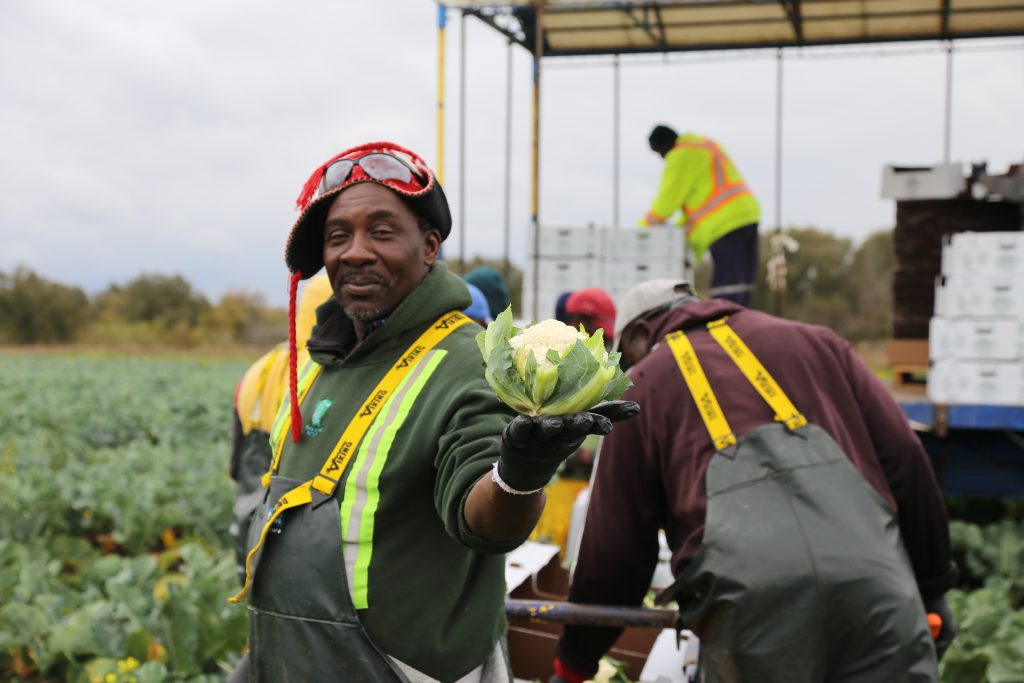
General economic conditions and high unemployment rates in the host countries mean that even with a seasonal, lower wage job, workers can earn enough to make a significant difference for their families back home. This is why so many continue to make the sacrifice, year after year, despite the hardships they face.
We need to acknowledge that farm labour shortages are the result of an interconnected complex of socio-economic factors that can’t be fixed by simply eliminating the Migrant Worker programs. Until we can address those, TFWP and SAWP are here to stay. The migrant workers these programs bring are vital members of our society.
We must do what is right. Make changes to the program to ensure a just, dignified, and fair workplace. It’s time to bring this program into alignment with the values we claim to hold as Canadians today.
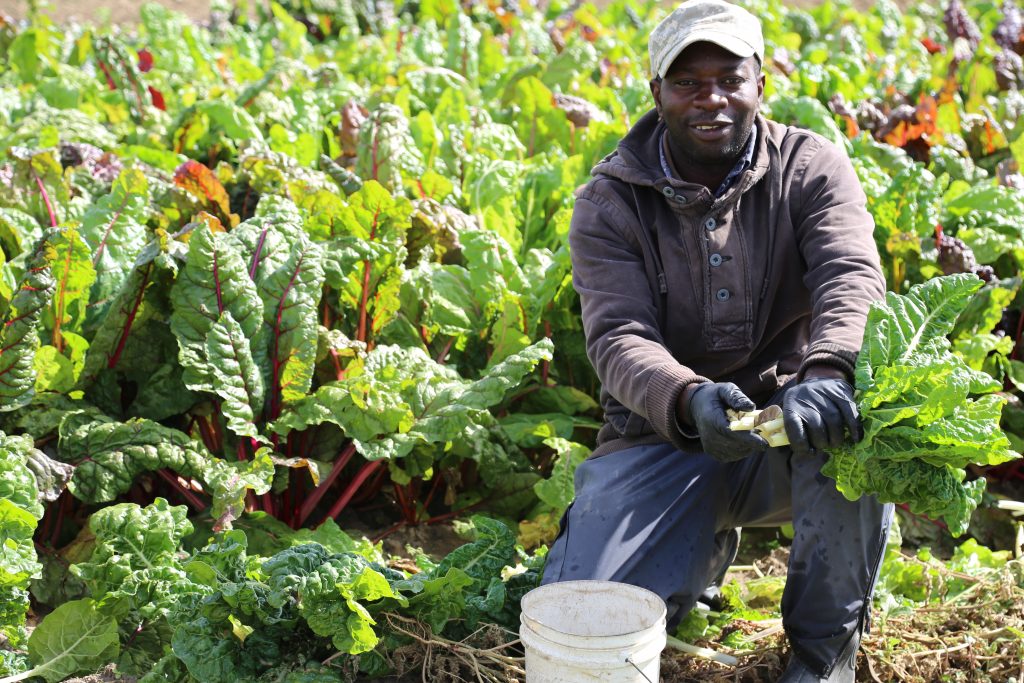
Sources, Resources & Further Reading:
https://www.nfu.ca/about/international/migrant-worker-subcommittee/
https://www.thestar.com/news/canada/migrants.html
http://pfenningsfarms.ca/film-on-the-farm/
https://www.thestar.com/opinion/commentary/2016/05/19/the-shame-of-our-disposable-workers.html


